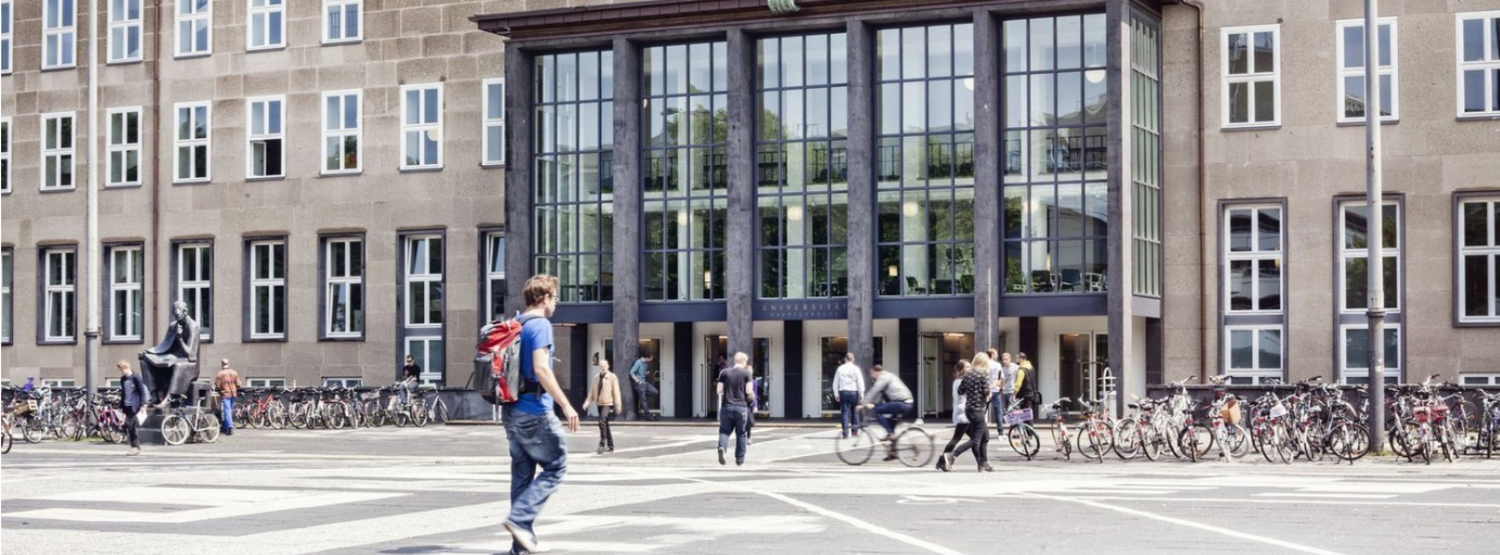Am Mittwoch den 10.04. um 19 Uhr ist Frau Nußberger von Helga Kirchner bei der Veranstaltungsreihe "Lebensromane" eingeladen.
"Europas Zusammenhalt und die Entwicklung in Osteuropa sind ihre Lebensthemen. Angelika Nußberger, geboren in München, studierte zunächst Slawistik, dann Rechtswissenschaften. Sie spricht Englisch, Französisch, Russisch, versteht Italienisch und Spanisch. Die zweifache Mutter legte eine akademische Ausnahmekarriere hin, absolvierte viele Stationen, auch die der Richterin am Europäischen Gerichtshof für Menschenrechte, und wurde vielfach ausgezeichnet. Gerühmt wird Angelika Nußbergers Offenheit gegenüber anderen Fachperspektiven. Das Recht ist für sie wesentlicher Teil einer zivilisatorischen Gesamtentwicklung im Sinne einer umfassenden Humanität. Gerade in diesen Krisen- und Kriegszeiten ist sie als Expertin europaweit gefragt. Zum Gespräch bringt sie das Memoir Frei – Erwachsenwerden am Ende der Geschichte mit. Die Autorin Lea Ypi ist in Albanien aufgewachsen."
Die Möglichkeit zur Anmeldung sowie weitere Informationen finden sie hier.
